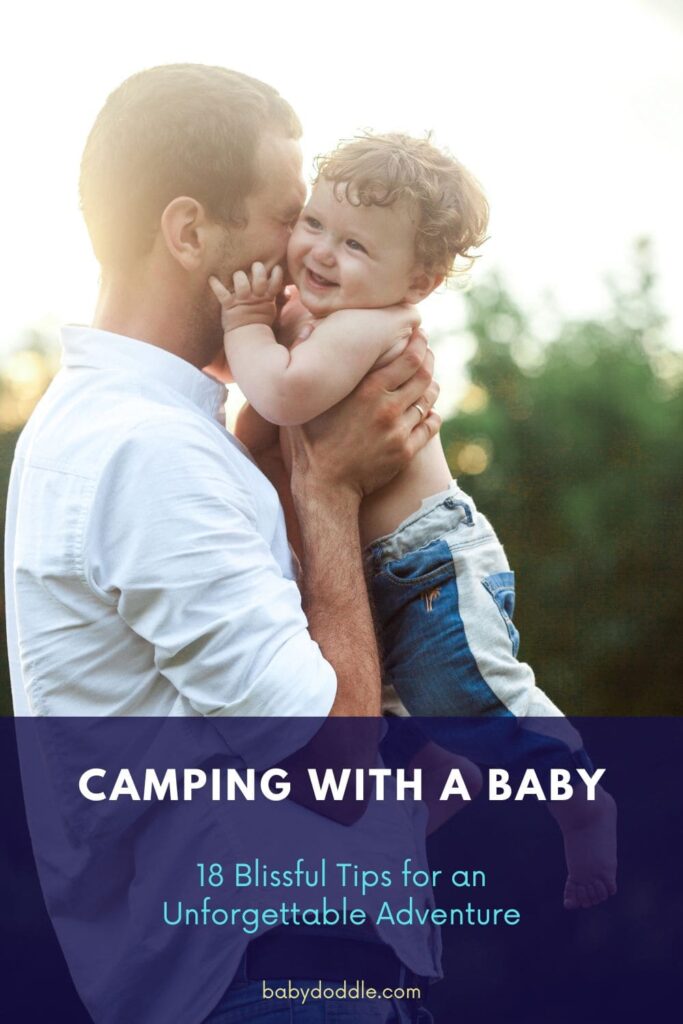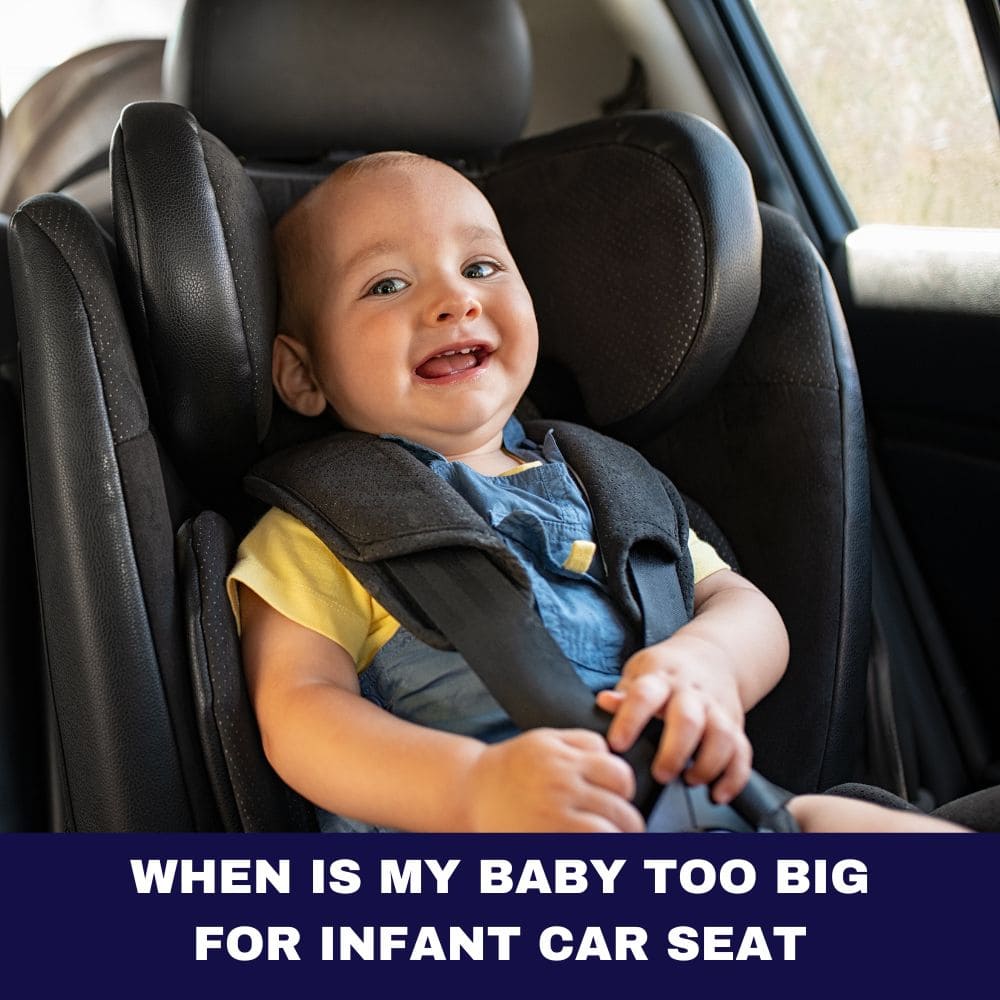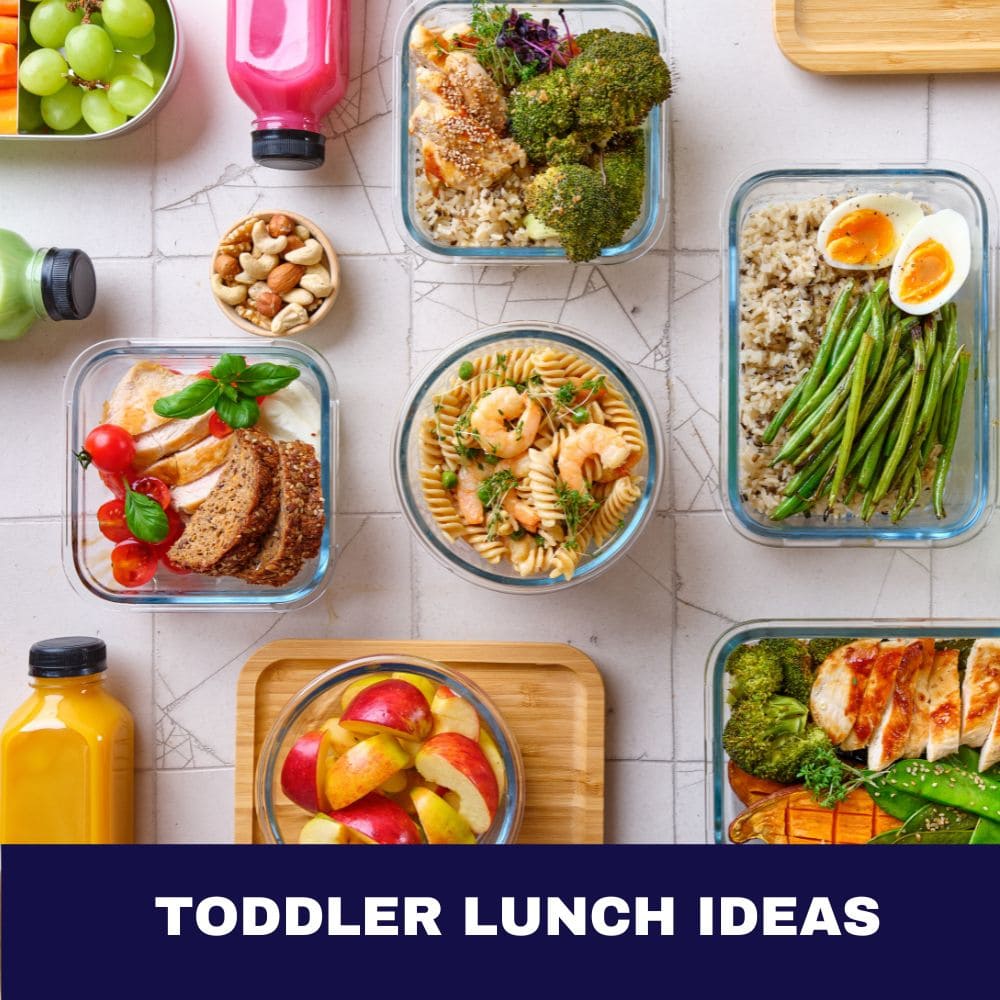Can you hear that? The gentle rustling of leaves, the melodic chirping of birds, and the calming crackle of a campfire – it’s nature’s symphony, beckoning you to immerse yourself in its beauty. And what better way to introduce your precious little one to the great outdoors than by embarking on an unforgettable camping adventure?
Camping with a baby may seem like a daunting task, but fear not! With the right preparation and mindset, it can be a cherished experience that creates lasting memories for your family. Imagine the look of wonder in your baby’s eyes as they gaze up at the canopy of trees, or the pure delight as they feel the soft grass beneath their tiny feet. These moments are priceless, and this comprehensive guide aims to equip you with 18 blissful tips to make your camping escapade with your little one a resounding success.
Preparation is Key: Essential Gear for Camping with a Baby
Before embarking on your adventure, it’s crucial to have the right gear to ensure your baby’s comfort and safety. Here are seven must-have items to pack:
1. Choose a Baby-Friendly Camping Tent: Invest in a spacious and well-ventilated tent that can accommodate your family comfortably. Look for features like a separate room or divider for your baby’s sleeping area, and ample headroom for comfortable diaper changes and feedings.
2. Find a Good Travel Cot or Portable Bassinet: A familiar sleeping environment can help your baby rest better during the camping trip. Consider a lightweight, easy-to-assemble travel cot or bassinet that mimics their usual sleeping setup at home.
3. Pack Baby Essentials: From diapers and wipes to spare clothing and burp cloths, make a comprehensive list of your baby’s essentials and pack them in a separate, easily accessible bag.
4. Get Used to Wearing a Baby Carrier: A comfortable and supportive baby carrier can be a game-changer when exploring the great outdoors with your little one. Practice wearing it at home to get your baby accustomed to it and to ensure a proper fit.
5. Don’t Forget Your Baby’s Favorite Comfort Items: Pack your baby’s favorite blankets, stuffed animals, or any other familiar items that can provide a sense of security and comfort in a new environment.
6. Pack More Clothes Than You Think You’ll Need: Babies have a knack for getting messy, and the outdoors can be unpredictable. Pack extra layers of clothing, including warm and waterproof options, to ensure your little one stays comfortable and dry.
7. Choose Portable Camping Gear: Opt for lightweight and compact camping gear that is easy to transport, such as a portable camping stove, compact camping chairs, and a compact cooler.
Next Step: Make a comprehensive checklist of all the essential gear you’ll need for your camping trip, and don’t forget to pack extra blankets and cushions for added comfort.
| Item | Description |
|---|---|
| Tent | Look for a spacious, well-ventilated tent with a separate room or divider for your baby’s sleeping area. |
| Travel Cot or Bassinet | A lightweight, portable option to recreate your baby’s familiar sleeping environment. |
| Baby Carrier | A comfortable, supportive carrier for hands-free exploring and hiking. |
| Portable Changing Station | A waterproof mat or tarp for a clean diapering surface. |
| Insulated Cooler | To keep baby’s food and drinks fresh and safe. |
| Sun Shade or Canopy | Provides a shaded area for playtime and protection from the sun. |
| Portable High Chair or Seat | For comfortable mealtimes while camping. |
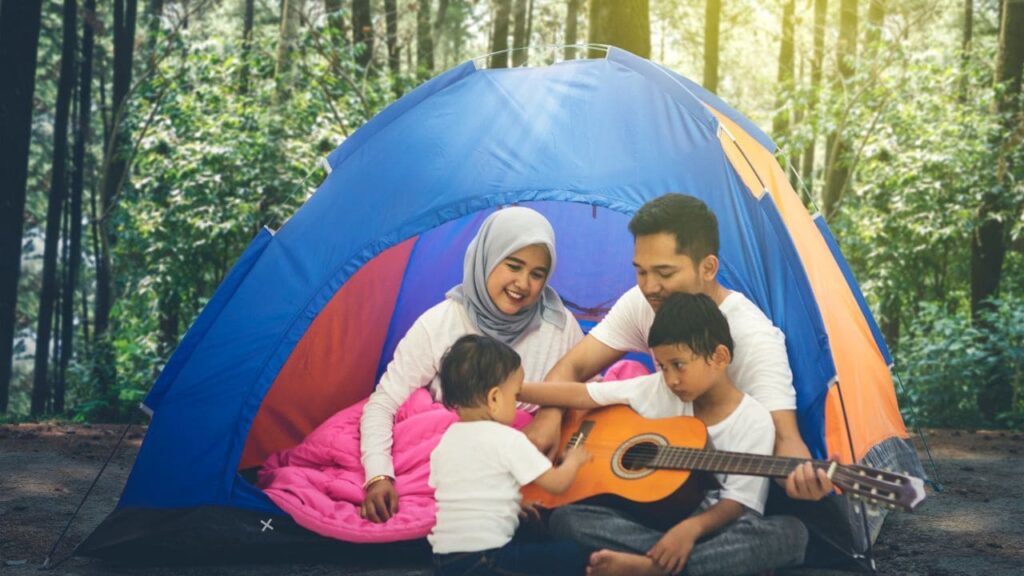
Choosing the Ideal Campsite for Your Little Explorer
The campsite you choose can make or break your camping experience with a baby. Here are four factors to consider:
9. Choose a Family-Friendly Campsite: Look for campsites that cater specifically to families with young children. These sites often offer amenities like playgrounds, level camping pads, and proximity to restrooms and showers.
10. Find a Good Pitch: When selecting your camping spot, look for a level, well-shaded area that provides protection from the elements. Proximity to amenities like water sources and restrooms can also make your camping experience more comfortable.
11. Consider Glamping: If you’re new to camping with a baby, or simply prefer a more luxurious experience, consider “glamping” (glamorous camping) options. These sites often provide furnished tents or cabins, along with amenities like comfortable beds, electricity, and even private bathrooms.
12. Camp Close to Home for the First Trip: For your first camping adventure with your baby, it’s wise to choose a campsite that’s relatively close to home. This allows you to easily return if needed and reduces the stress of a long journey with your little one.
Next Step: Research campsites in your desired location, read reviews from other families with young children, and make reservations well in advance to secure the perfect spot for your camping trip.
| Criteria | Description |
|---|---|
| Family-Friendly | Look for campsites that cater specifically to families with young children, offering amenities like playgrounds and proximity to restrooms. |
| Level and Shaded | Choose a level, well-shaded camping spot for your tent to provide protection from the elements. |
| Proximity to Amenities | Consider campsites near water sources, restrooms, and other necessary facilities for added convenience. |
| Accessibility | If camping with a baby for the first time, choose a site that’s easily accessible by car or a short hike from the parking area. |
Maintaining your baby’s sleep routine can be challenging when camping, but it’s essential for their well-being and your sanity. Here are some tips to create a cozy camping haven:
- Set up a designated sleeping area within your tent, using familiar blankets, sheets, and a travel cot or bassinet to mimic your baby’s home environment.
- Use white noise machines or apps to drown out unfamiliar outdoor sounds that may disrupt your baby’s sleep.
- Adjust your camping schedule to accommodate your baby’s nap and bedtimes as closely as possible.
- Invest in blackout curtains or window coverings for your tent to create a dark, sleep-inducing environment during daytime naps.
- Dress your baby in comfortable, breathable sleepwear and layers to ensure they stay warm and cozy throughout the night.
Next Step: Practice setting up your baby’s sleeping area at home before your camping trip, and make any necessary adjustments to ensure a seamless transition to the great outdoors.
Keeping Your Tiny Camper Entertained: Outdoor Activities and Playtime
While camping is all about embracing nature, it’s equally important to keep your little one entertained and engaged. Here are five tips to make playtime a blast:
13. Rehearse Camping in Your Backyard: Before your big camping trip, set up a tent in your backyard and let your baby explore and get accustomed to the new environment. This can help them feel more comfortable and at ease when you’re out in the wild.
14. Don’t Forget Toys for Playtime: Pack a selection of your baby’s favorite toys, books, and activities to keep them entertained during downtime. Opt for lightweight and compact options that won’t take up too much space in your gear.
15. Pack a Sun Shade: A portable sun shade or canopy can provide a shaded, comfortable area for your baby to play and explore while protecting them from the sun’s harsh rays.
16. Explore Nature’s Wonders: Introduce your baby to the sights, sounds, and textures of nature by taking short walks around your campsite. Point out interesting plants, birds, or other wildlife, and let them touch and feel different natural elements under your supervision.
17. Embrace Sensory Play: Bring along a small tarp or blanket and let your baby enjoy sensory play with natural materials like pinecones, leaves, or smooth rocks (under close supervision, of course).
Next Step: Make a list of age-appropriate activities and toys to pack for your camping trip, and be prepared to adapt and improvise based on your baby’s interests and needs.
| Age Range | Activity Ideas |
|---|---|
| 0-6 months | Tummy time on a blanket, sensory exploration with natural materials (supervised), reading books, listening to nature sounds. |
| 6-12 months | Crawling and exploring the campsite (supervised), playing with lightweight toys, introducing finger foods from nature like berries or soft leaves. |
| 12-18 months | Short walks around the campsite, splashing in shallow streams or puddles, playing with sticks and pinecones, singing songs and nursery rhymes. |
| 18-24 months | Nature scavenger hunts, simple outdoor games like rolling a ball, collecting natural items for a sensory bin, reading nature-themed books. |
Mealtime on the Trail: Nutritious and Portable Snacks for Your Little Adventurer
Keeping your baby well-fed and hydrated is crucial during your camping adventure. Here are some tips for mealtime on the trail:
18. Keep Dinnertime Simple: Opt for easy-to-prepare meals that require minimal cooking and clean-up. Consider pre-cooked or no-cook options like sandwiches, wraps, or salads.
- Pack a selection of nutritious snacks that are easy to grab and go, such as:
- Fresh fruits and vegetables (e.g., baby carrots, apple slices, berries)
- Whole grain crackers or puffed cereals
- Nut butter or hummus with pita bread or rice cakes
- Yogurt pouches or cups
- Cheese sticks or cubes
- Invest in a compact, insulated cooler to keep perishable items fresh and safe for consumption.
- Bring along plenty of water or milk for your baby, as well as their favorite sippy cups or bottles.
- Consider packing a small, portable high chair or seat to make mealtime more comfortable for your little one.
Next Step: Plan your camping meals and snacks in advance, making sure to account for your baby’s dietary needs and preferences. Pack more than you think you’ll need, just in case.
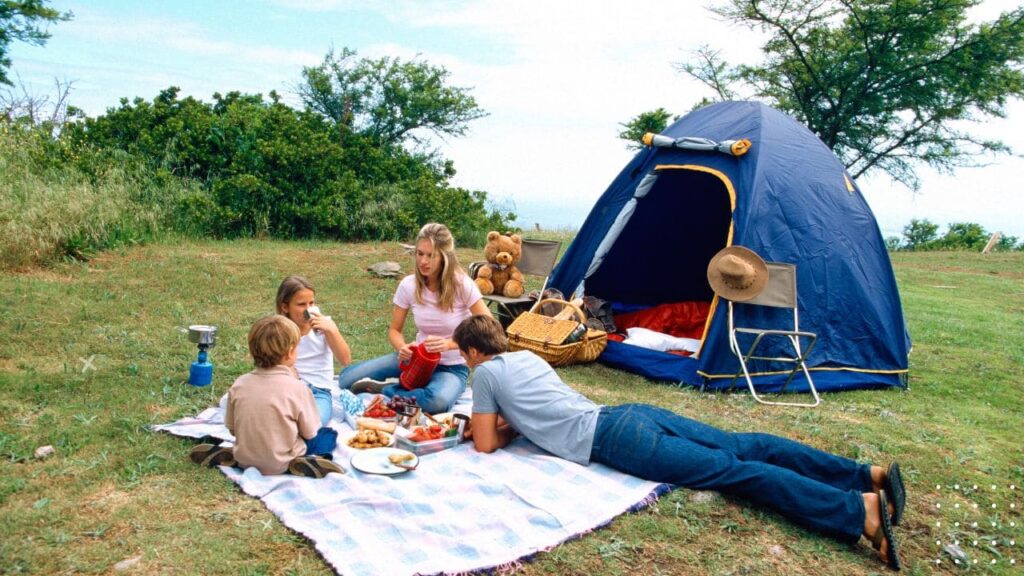
Diapering Duties in the Great Outdoors: Strategies and Sanitation
- Designate a Diapering Station: Set up a designated diapering area within your tent or camping site. Lay down a waterproof mat or tarp to create a clean, protected surface for changing diapers.
- Pack Plenty of Supplies: Bring more diapers, wipes, and diaper disposal bags than you think you’ll need. It’s better to have extras on hand than to run out in the middle of nowhere.
- Maintain Proper Hygiene: Pack hand sanitizer or biodegradable soap and a small basin or camping sink for handwashing after diaper changes. This helps prevent the spread of germs and keeps your camping area clean.
- Dispose of Diapers Properly: Double-bag used diapers in scented or odor-blocking bags and dispose of them in designated trash receptacles at the campground. Never bury or burn diapers, as this can be harmful to the environment.
- Consider Cloth Diapers: If you’re comfortable with cloth diapering, it can be an eco-friendly option for camping. Pack enough cloth diapers and wet bags to store soiled ones until you can properly clean and sanitize them back at home.
Next Step: Practice your diapering routine at home before your camping trip, and make any necessary adjustments to ensure a smooth and hygienic process in the great outdoors.
Baby’s First Hike: Tips for Carrying and Exploring on Foot
Hiking with your baby can be an incredible way to immerse them in nature’s beauty while getting some exercise yourself. Here are some tips to ensure a safe and enjoyable hiking experience:
- Choose the Right Carrier: Invest in a comfortable, supportive baby carrier designed for hiking. Look for features like padded shoulder straps, a hip belt for weight distribution, and good ventilation.
- Start Slow: Begin with short, easy trails and gradually increase the distance and difficulty as your baby becomes more accustomed to hiking.
- Pack Essentials: Bring plenty of water, snacks, extra layers of clothing, a first-aid kit, and any other necessary supplies for you and your baby.
- Stay on Marked Trails: Stick to well-marked trails and avoid venturing off the beaten path to ensure your safety and to minimize your impact on the environment.
- Watch for Wildlife: Be aware of your surroundings and keep a safe distance from any wildlife you encounter. Make noise periodically to alert animals to your presence and avoid startling them.
Next Step: Research local hiking trails suitable for families with young children, and gradually introduce your baby to the joys of hiking in a safe and controlled manner.
Embracing Nature’s Soundtrack: Soothing Techniques for Fussy Moments
Even the most well-prepared parents may encounter fussy moments when camping with a baby. But fear not – nature itself can provide the soothing balm you need:
19. Stick to Your Routine as Much as Possible: Maintaining familiar routines, like bath time and bedtime stories, can help your baby feel more comfortable and secure in a new environment.
20. Keep Insects at Bay with Appropriate Repellents: Mosquitoes and other bugs can quickly turn a peaceful camping trip into a nightmare for your little one. Use safe, baby-friendly insect repellents and protective clothing to keep those pesky critters at bay.
- Embrace Nature’s Lullaby: The gentle sounds of a babbling brook, rustling leaves, or a crackling campfire can be incredibly soothing for a fussy baby. Take a leisurely stroll or sit near these natural soundscapes to help calm your little one.
- Swaddle or Snuggle: The familiar comfort of swaddling or snuggling can work wonders for a fussy baby. Bring a lightweight swaddle blanket or wrap, or simply hold your baby close and let the warmth of your embrace soothe them.
- Practice Deep Breathing: When all else fails, take a few deep breaths and let the fresh, crisp outdoor air rejuvenate you. Your baby will pick up on your calm energy and may mirror your relaxed state.
Next Step: Make a list of soothing techniques that work best for your baby, and be prepared to adapt and try different approaches as needed during your camping trip.
Sun Safety for Your Little Camper: Protecting Delicate Skin
Protecting your baby’s delicate skin from the sun’s harmful rays is crucial, especially when spending extended periods outdoors. Here are some tips to keep your little camper safe:
- Use Baby-Friendly Sunscreen: Look for sunscreens specifically formulated for babies and young children, with a minimum SPF of 30 or higher. Apply generously and reapply every two hours, or more frequently if your baby is sweating or swimming.
- Dress for Sun Protection: Opt for lightweight, breathable clothing that covers your baby’s arms and legs. Choose fabrics with built-in UV protection or look for clothing labeled as UPF (Ultraviolet Protection Factor).
- Seek Shade: Set up your camp in a shaded area, and bring along a portable sun shade or umbrella for additional protection during outdoor activities.
- Limit Direct Sun Exposure: Avoid exposing your baby to direct sunlight during the peak hours of 10 AM to 4 PM when the sun’s rays are the strongest.
- Stay Hydrated: Ensure your baby stays well-hydrated by offering frequent sips of water or milk, especially during hot weather.
Next Step: Consult with your pediatrician for specific sun safety recommendations based on your baby’s age and skin type, and always err on the side of caution when it comes to sun exposure.
Staying Connected: Communication and Emergency Preparedness
While camping is all about unplugging and reconnecting with nature, it’s essential to have a plan for communication and emergency preparedness, especially when venturing into remote areas with your baby.
- Bring a Fully Charged Mobile Phone: Keep your phone charged and with you at all times in case of emergencies. Consider investing in a portable power bank or solar charger for extended trips.
- Research Local Emergency Services: Before your trip, research the nearest hospital or emergency medical services in the area you’ll be camping. Keep their contact information readily available.
- Pack a Comprehensive First-Aid Kit: Include items like bandages, antiseptic wipes, pain relievers, and any necessary medications for you and your baby.
- Share Your Itinerary: Let friends or family members know your camping plans, including your intended destination, expected return date, and any planned activities or hikes.
- Learn Basic Wilderness First Aid: Consider taking a wilderness first aid course to learn essential skills for handling emergencies in remote areas.
Next Step: Compile a list of important contact information, including emergency services, your pediatrician, and trusted friends or family members, and keep it readily accessible during your camping trip.
Capturing Memories: Photography and Journaling Tips
Your camping adventure with your little one is sure to be filled with precious moments you’ll want to cherish forever. Here are some tips for capturing those memories:
- Invest in a Durable Camera: Consider a waterproof, shockproof, and dustproof camera that can withstand the elements and the unpredictable nature of camping with a baby.
- Take Candid Shots: While posed family photos are great, don’t forget to capture the candid, unscripted moments that truly encapsulate the joy and wonder of your camping experience.
- Document the Details: Take photos of the little details that make your camping trip unique, such as your baby’s tiny footprints in the dirt, their favorite toy nestled in the tent, or the intricate patterns of a pinecone they’re holding.
- Start a Camping Journal: Jot down your thoughts, experiences, and memorable moments in a dedicated camping journal. This can become a treasured keepsake for you and your little one to look back on in the years to come.
- Embrace Imperfection: Don’t stress over capturing the “perfect” shot or having a flawlessly written journal entry. The beauty lies in the genuine, unfiltered moments that capture the essence of your camping adventure.
Next Step: Before your trip, gather any necessary photography equipment, a journal, and writing materials to ensure you’re prepared to document your camping memories in a meaningful way.
Embracing the Unexpected: Flexibility and a Positive Attitude
- Roll with the Punches: Things may not always go as planned, but that’s part of the adventure! Be prepared to adapt and go with the flow when unexpected situations arise.
- Laugh it Off: From a sudden downpour to a diaper blowout, there will likely be moments that test your patience. Approach these situations with a sense of humor and a willingness to laugh off the craziness.
- Focus on the Positives: Instead of dwelling on the challenges, make a conscious effort to appreciate the simple joys and beauty of being in nature with your family.
- Take Breaks: If you or your baby starts to feel overwhelmed, don’t hesitate to take a break. Retreat to the comfort of your tent, read a book, or simply rest and recharge.
- Ask for Help: Don’t be afraid to seek help or advice from fellow campers or campground staff if you find yourself in a tricky situation. The camping community is often incredibly supportive and eager to lend a hand.
Next Step: Approach your camping adventure with an open mind and a willingness to embrace the unexpected. Remind yourself that the memories you’ll create will be worth any challenges you may face along the way.
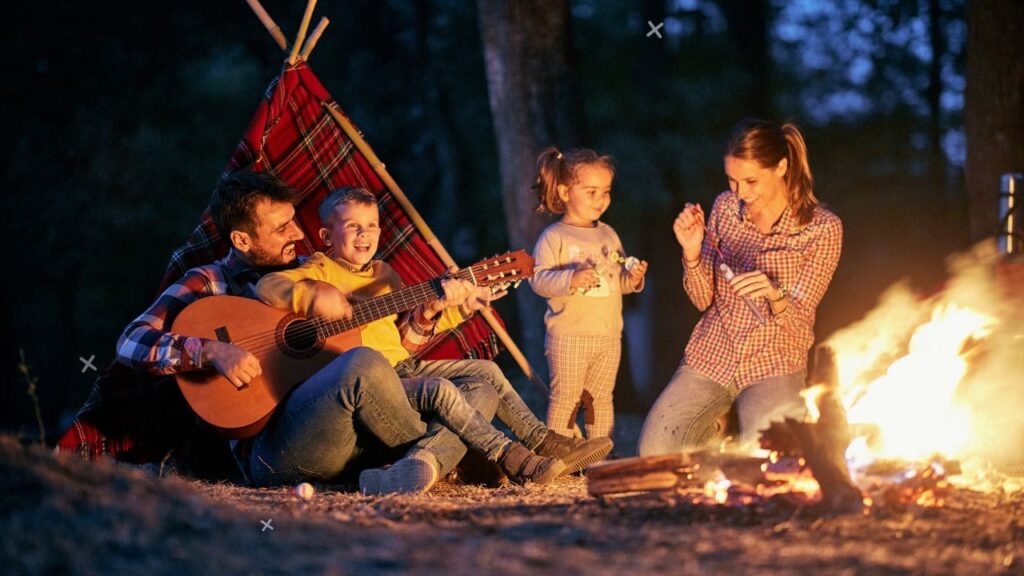
Leaving No Trace: Eco-Friendly Camping with Your Little Explorer
As you introduce your baby to the wonders of nature, it’s important to instill a respect and appreciation for the great outdoors. Here are some tips for eco-friendly camping:
- Follow the Leave No Trace Principles: These seven principles (plan ahead and prepare, travel and camp on durable surfaces, dispose of waste properly, leave what you find, minimize campfire impacts, respect wildlife, and be considerate of other visitors) provide a framework for minimizing your impact on the environment.
- Pack Out What You Pack In: Ensure that you leave your campsite exactly as you found it by packing out all trash, food scraps, and any other items you brought with you.
- Use Eco-Friendly Camping Gear and Supplies: Opt for biodegradable or eco-friendly camping gear, such as biodegradable soap, reusable water bottles, and solar-powered chargers.
- Teach Your Baby About Nature Conservation: Even at a young age, you can start instilling a love and respect for nature in your little one. Point out plants, animals, and natural features, and explain the importance of protecting them.
- Participate in Campground Clean-Up Efforts: If available, join campground clean-up efforts or consider picking up any litter you see along trails or in your camping area.
Next Step: Research the Leave No Trace principles and incorporate them into your camping routine. Lead by example and teach your baby the importance of being a responsible steward of the great outdoors.
| Item | Description |
|---|---|
| Biodegradable Soap | For washing dishes and personal hygiene without harming the environment. |
| Reusable Water Bottles | Reduce plastic waste by bringing refillable water bottles for the whole family. |
| Solar-Powered Chargers | Harness the power of the sun to charge your devices while camping. |
| Eco-Friendly Stove | Look for camp stoves that run on clean-burning fuels or consider a solar-powered option. |
| Recycled or Sustainable Gear | Choose camping gear made from recycled or sustainable materials whenever possible. |
Packing Up and Heading Home: Transitioning Back to Daily Life
After an unforgettable camping adventure with your little one, it’s time to pack up and head home. Here are some tips for a smooth transition back to daily life:
- Take Your Time: Don’t rush the packing process. Give yourself ample time to carefully pack up your gear and ensure that nothing is left behind.
- Inspect and Clean Your Gear: Before packing up, inspect your camping gear for any damage or wear and tear. Clean and properly store any items that need it to ensure they’re ready for your next adventure.
- Plan for Rest and Relaxation: Camping can be physically and mentally exhausting, especially with a baby in tow. Plan for some downtime and relaxation once you’re back home to help you and your little one recharge.
- Share Your Memories: Take the time to look through your photos, read through your journal entries, and share your camping stories with friends and family. Reliving the memories can help you appreciate the incredible experience you just had.
- Start Planning Your Next Adventure: Once you’ve had a chance to rest and reflect, start dreaming about your next camping trip with your little explorer. Where will your family’s adventure take you next?
Next Step: As you pack up and head home, take a moment to reflect on the incredible memories you’ve created and the invaluable lessons you’ve learned about camping with your baby. Embrace the sense of accomplishment and look forward to many more adventures to come.
Conclusion
Camping with a baby may seem daunting at first, but with the right preparation and mindset, it can be a truly rewarding and unforgettable experience. By following these 18 blissful tips, you’ll be equipped to navigate the challenges and embrace the joys of introducing your little one to the great outdoors.
Remember, the key is to maintain flexibility, stay positive, and cherish every moment – from the awe-inspiring sunrises to the melodic chorus of nature’s soundtrack. Embrace the unpredictability, laugh off the hiccups, and revel in the opportunity to create lasting memories with your family.
So, pack your bags, lather up that sunscreen, and get ready to embark on an adventure that will not only introduce your baby to the wonders of nature but also strengthen the bonds within your family. The great outdoors awaits, and with these tips in hand, you’re ready to conquer it, one blissful camping trip at a time.
Happy camping, and may your adventures be filled with endless moments of joy, laughter, and lifelong memories!
FAQ – Camping with a Baby
What is the best age to take a baby camping for the first time?
While there is no definitive “best” age, many experts recommend waiting until your baby is at least 6-9 months old before embarking on your first camping trip. At this age, babies are typically more mobile, can sit up independently, and may sleep better through the night. However, every baby is different, and some parents choose to start camping earlier or later, depending on their comfort level and their baby’s temperament.
How can I ensure my baby’s safety while camping?
Safety should be the top priority when camping with a baby. Some essential safety measures include:
- Choosing a family-friendly campsite with level ground and nearby amenities
- Childproofing your camping area by securing loose items and creating a safe play space
- Practicing proper food storage and preparation to prevent attracting wildlife
- Using appropriate sun protection, insect repellent, and protective clothing
- Maintaining close supervision at all times, especially near water sources or campfires
- Having a well-stocked first-aid kit and emergency contact information readily available
What should I do if my baby becomes fussy or inconsolable during the camping trip?
Even the most well-planned camping trips can have fussy moments. If your baby becomes inconsolable, try these soothing techniques:
- Embrace nature’s calming sounds, like a babbling brook or rustling leaves
- Swaddle or snuggle your baby for comfort and security
- Practice deep breathing and remain calm, as babies can sense your energy
- Retreat to the familiarity of your tent or vehicle for a break
- Stick to familiar routines, like reading a favorite book or singing lullabies
- If all else fails, don’t hesitate to pack up and head home early if necessary
How can I ensure my baby stays warm and comfortable during the cooler camping nights?
Proper layering and insulation are key to keeping your baby warm and comfortable at night. Some tips include:
- Dressing your baby in moisture-wicking base layers and adding warm, insulating layers on top
- Using a lightweight, breathable sleeping bag or swaddle designed for camping
- Bringing extra blankets and placing a warm water bottle (wrapped in a towel) near your baby’s feet
- Setting up your baby’s sleeping area away from drafts or cold spots in the tent
- Monitoring your baby’s temperature and adjusting layers as needed throughout the night
Can I camp with a newborn baby, or should I wait until they are older?
While it is possible to camp with a newborn baby, it is generally recommended to wait until your baby is at least 3-4 months old and has received their first set of vaccinations. Newborns have weaker immune systems and are more susceptible to illnesses, making camping in the great outdoors a bit riskier. Additionally, newborns require more frequent feedings and diaper changes, which can be challenging in a camping environment. If you do decide to camp with a newborn, it’s essential to take extra precautions and choose a campsite close to amenities and medical facilities.
